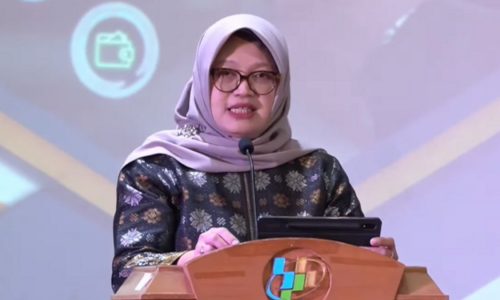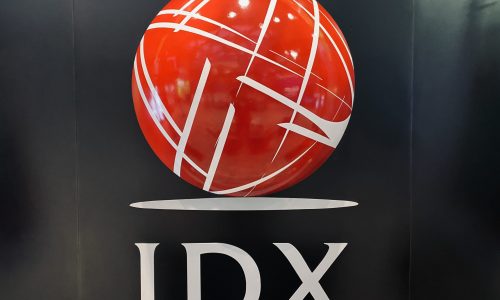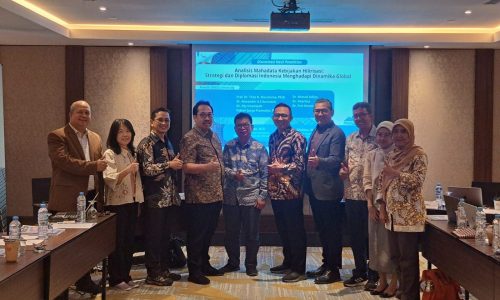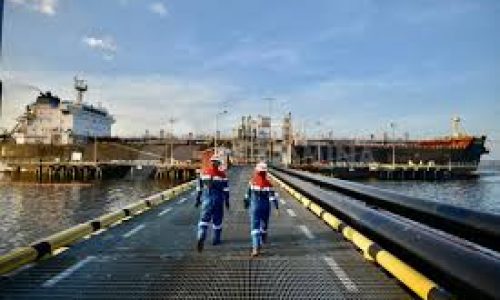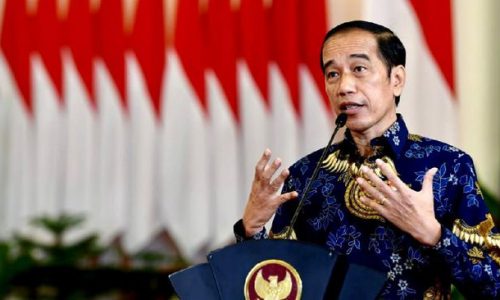The Corruption Eradication Commission (KPK) has formally named South Kalimantan Governor Sahbirin Noor as a suspect in a corruption case within the provincial government after it had found sufficient preliminary evidence to charge Sahbirin with bribery.
“Adequate initial evidence has been found regarding alleged corruption involving the receipt of gifts or promises by state officials or their representatives,” KPK Deputy Chairman Nurul Ghufron said on Tuesday, October 8, 2024, as quoted by Antara.
In addition to Sahbirin, four other individuals have been named suspects, namely Head of the Public Works and Housing (PUPR) Agency of South Kalimantan, Ahmad Solhan; Head of Cipta Karya Agency, Yulianti Erlynah; Treasurer of Rumah Tahfudz Darussalam, Ahmad; and Acting Head of Household Affairs for the South Kalimantan Governor, Agustya Febry Andrean.
They have been charged under several articles of the Anti-Corruption Law, including Article 12 (a or b), Article 11, or 12B of Law No. 31/1999 on Corruption Eradication, which has been amended by Law No. 20/2001, in conjunction with Article 55 (1) of the Criminal Code.
The KPK also named two private sector figures, Sugeng Wahyudi and Andi Susanto, as suspects for their alleged involvement. Six of the suspects are already in KPK custody, while Sahbirin has yet to be detained.
“KPK investigators are still investigating other individuals responsible,” Ghufron said.
The KPK conducted a search into Sahbirin Noor’s office on Tuesday, October 8, 2024 following the arrest of four PUPR Agency officials in a sting operation (OTT) on Sunday, October 6, 2024.
During the operation, KPK seized some Rp10 billion (US$641,135) in cash, suspected to be bribe money related to procurement projects in South Kalimantan.



